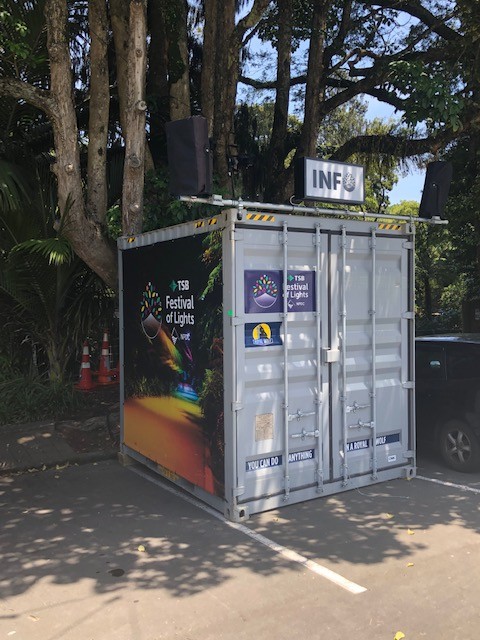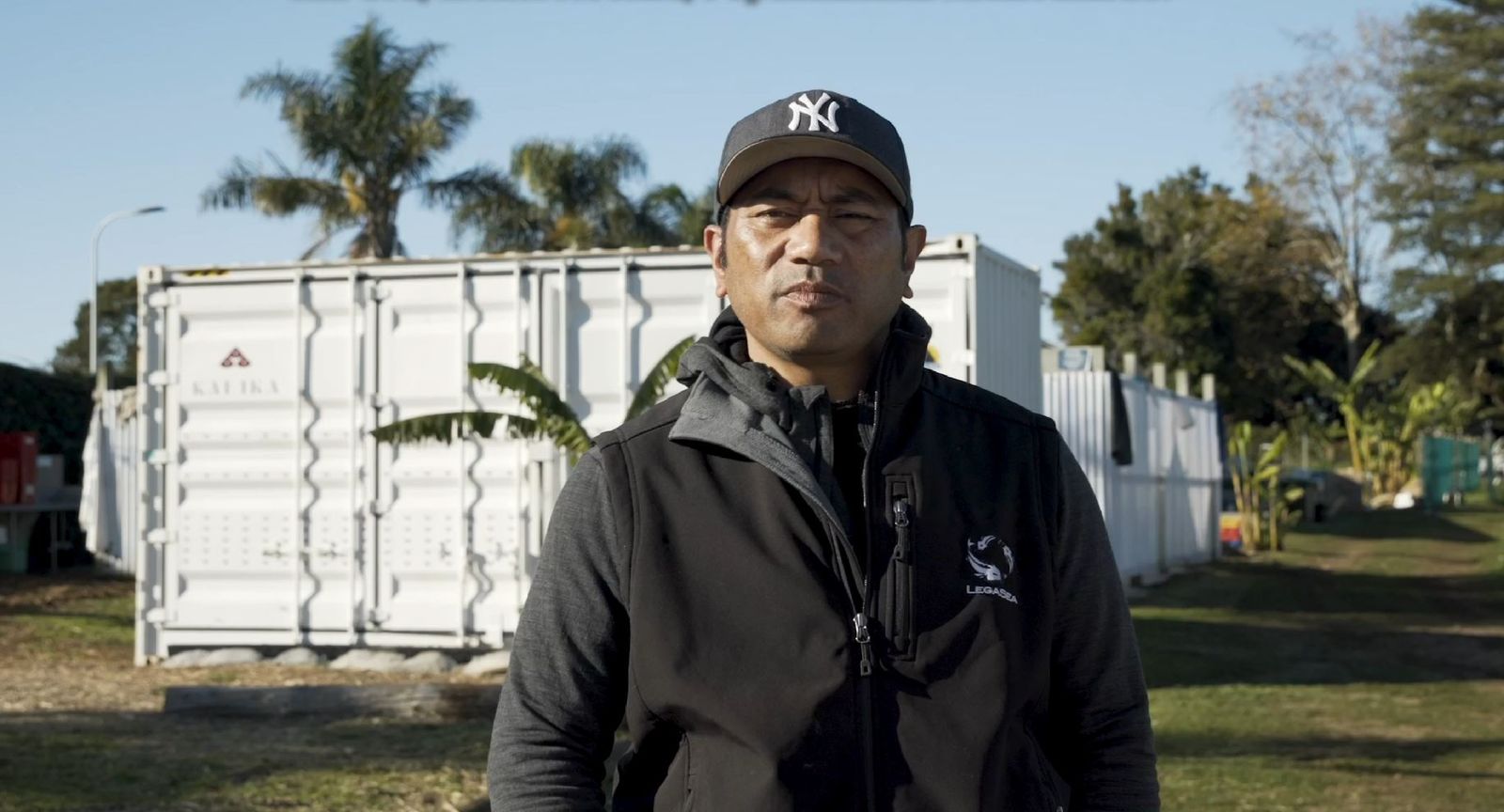Globally we are grappling with a snowballing housing crisis, shipping containers are being heralded, literally, as building blocks of hope.
In Australia, an innovative venture between Tasmania’s State Government and national shipping container company Royal Wolf is giving shipping containers a second life as crisis accommodation.

The 2019 Rental Affordability Index (RAI) report, released in November, confirms Hobart is continuing a trend, started about four years ago, as the nation’s least affordable city. Now, in the midst of COVID-19, that stress is only amplified.
Housing and Human Services Minister Roger Jaensch says the Tasmanian Government has a multi-faceted approach to tackling housing stress and homelessness, but less than a year ago it became obvious a quick response was needed on the frontline.
"Heading into last winter we became aware that further investment was needed,” he says. “By working with the sector and partnering with local providers, we developed a plan to increase the capacity for all groups of people who require access to crisis accommodation."
The immediate need was for a rapid increase in the number of emergency and short-term accommodation options for homeless people, particularly in the Hobart region. That’s where the quick response from Royal Wolf came in.
The solution was 18 shipping containers fitted out as single-person pods to be used by Hobart’s Bethlehem House, a homeless accommodation service for men; and 10 larger containers for use by the Hobart Women’s Shelter as crisis accommodation for women and children affected by domestic violence.
The Tasmanian Government commissioned the units, including a further seven units for the women’s shelter through another organisation, under its $5 million Emergency Homeless Response package. It is part of an eight-year $258 million Affordable Housing Strategy to create new permanent shelters and longer-term housing stock to address the state’s crisis.



